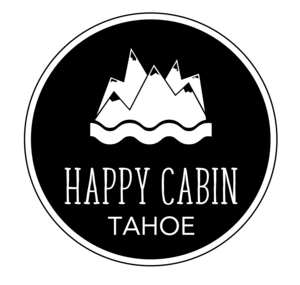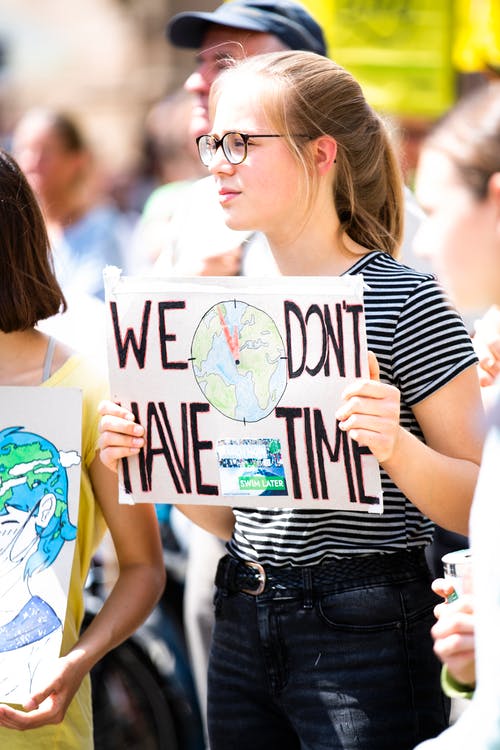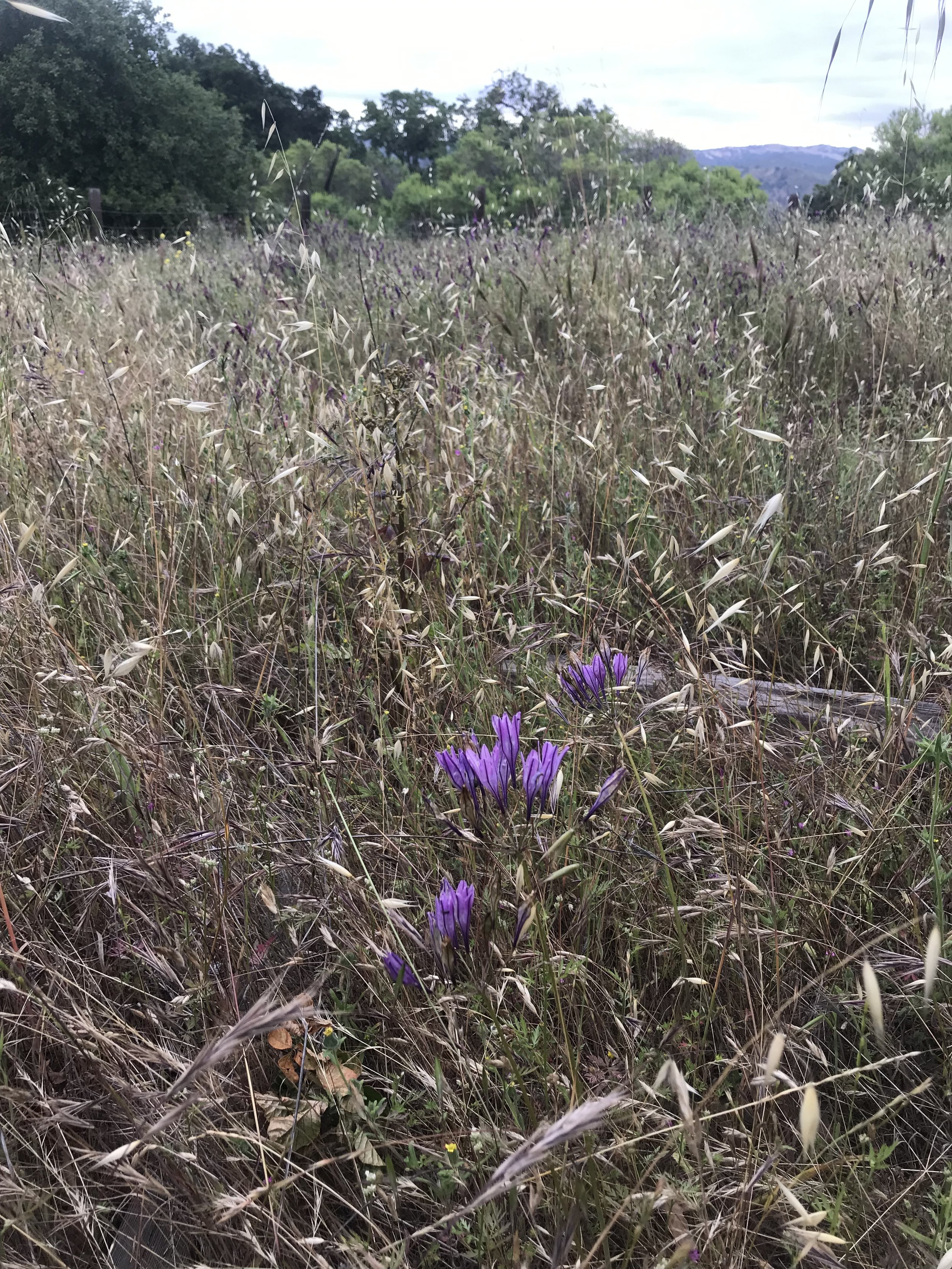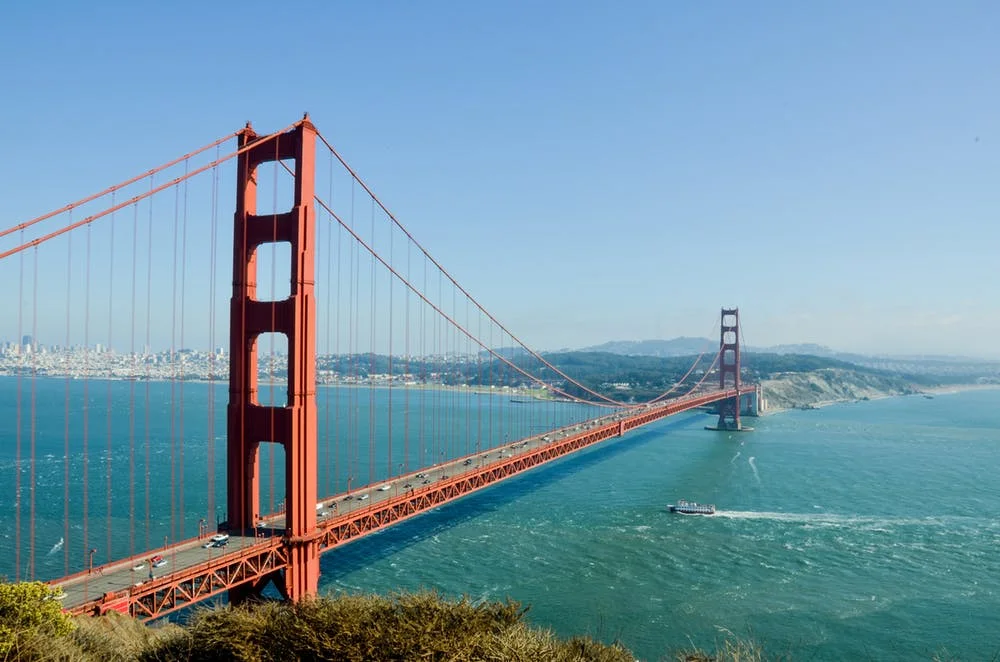Our Children are Begging us to Fix Climate Change—Do We Dare Ignore Them?
“People are suffering. People are dying. Entire ecosystems are collapsing. We are in the beginning of a mass extinction, and all you can talk about is money and fairy tales of eternal economic growth. How dare you! ”
I watch the children take to the streets, streaming by my office chanting and waving signs, pleading with us to care. “Corporate greed we must fight Polluting earth is not a right!” Is anybody listening?
On an unseasonably warm September evening, Anaya (11), Maris (4) and I gathered to listen to 16-year-old Greta Thunberg’s historic speech to the United Nations. We could not help but be moved. Moved to anger. Moved to indignation. Moved to hope? I’m not sure. Greta’s words sucked us back into the reality of our global situation, a dire confluence of mass extinctions, melting poles, and catastrophic weather events. For a minute, people were talking about it, caring about it, and then we all went about our business as usual.
Oxford defines hope as a “feeling of expectation and desire for a certain thing to happen.” Many of us have the “desire for a certain thing to happen.” All but the most extreme climate-change deniers can agree that we want to reverse climate change and put our Earth back on a path compatible with long-term human life. It’s the “expectation” that’s lacking. The problem feels so big and intractable, especially with the biggest governments in the world unable to reach even rudimentary agreements. The United States isn’t even at the table anymore. As a country, we’ve turned a blind eye to the sobering science that predicts global catastrophe within our children’s lifetime if we don’t act soon.
My children ask questions. “What’s going to happen, Mom?” “ What’s going to happen if we don’t reduce emissions, switch to clean energy, go vegan, eat local, wear recycled clothing, and buy an electric car?” “What is Greta so worried about?” How can I tell my 11-year-old that she might not get to relax with her children on a weekday evening, watching a speech and snacking on chips, because having children may not be an option for her. She could be too busy dealing with heat waves, hunger, and deadly typhoons to even fathom bringing a child into a dying world. My 4-year-old has childlike hope. “We’ll fix it, Mommy. Don’t worry.” But, will we?
Global warming is leading to rapidly melting ice at the poles, rising oceans, disappearing coastlines, and weather catastrophes
We talk about things we can do to help as a family. I’m already vegetarian and willing to move closer to vegan. The kids are willing to eat less meat. We’ll stop buying new clothing, thrifting and recycling instead. We’ll carpool to school, work on our garden, and stop buying packaged and processed foods. Anaya gets to work on posters for a new “Eco Club” at school. She vows to run for student government to spread Greta’s message. We brainstorm things her new club can do: Meatless Mondays, victory gardens, seedling giveaways, clothing and book exchanges, recycling efforts. They can raise awareness so that Greta’s message doesn’t fade into the white noise of the 24-hour news cycle and the constant feed of corporate messaging that tells kids they need more and more things rather than a sustainable world. But will any of that matter if we don’t change our ways on a global scale?
The scope of the necessary change is sobering. According to NASA, an organization not known for extremist hyperbole, “it may not be too late to avoid or limit some of the worst effects of climate change” if we immediately implement a globally-coordinated push to reduce the flow of greenhouse gases into the atmosphere with things like clean energy, public transport upgrades, and sustainable city planning. It “may not” be too late?
Sometimes it’s easier to get a grip on a big problem by focusing on a smaller piece of it. According to the Tahoe Environmental Research Center at University of California Davis, which has been continuously monitoring Lake Tahoe since 1968, the average daily temperature at Lake Tahoe has risen 4.2 degrees Fahrenheit in the last 100 years. The lake is warming by about 0.3 degrees Fahrenheit a year. At this rate, we can expect steady snow decline, extended droughts, increased algal growth, increased threat from aquatic invasive species, more extreme streamflow events, increased tree mortality, and reduced lake clarity.
I guess it shouldn’t come as a surprise that climate change is killing the lake. It’s killing all of the things that make the Earth habitable. The real question is whether we can get our act together as a species and fix it. Dare we hope?
What do you think about climate change? Let’s share ideas in the comments. To visit Happy Cabin during your trip to North Lake Tahoe / Tahoe Vista / Kings Beach, click here.












Food traditions abound on New Year’s Day. We look at global traditions, while sharing a few traditions of our own.